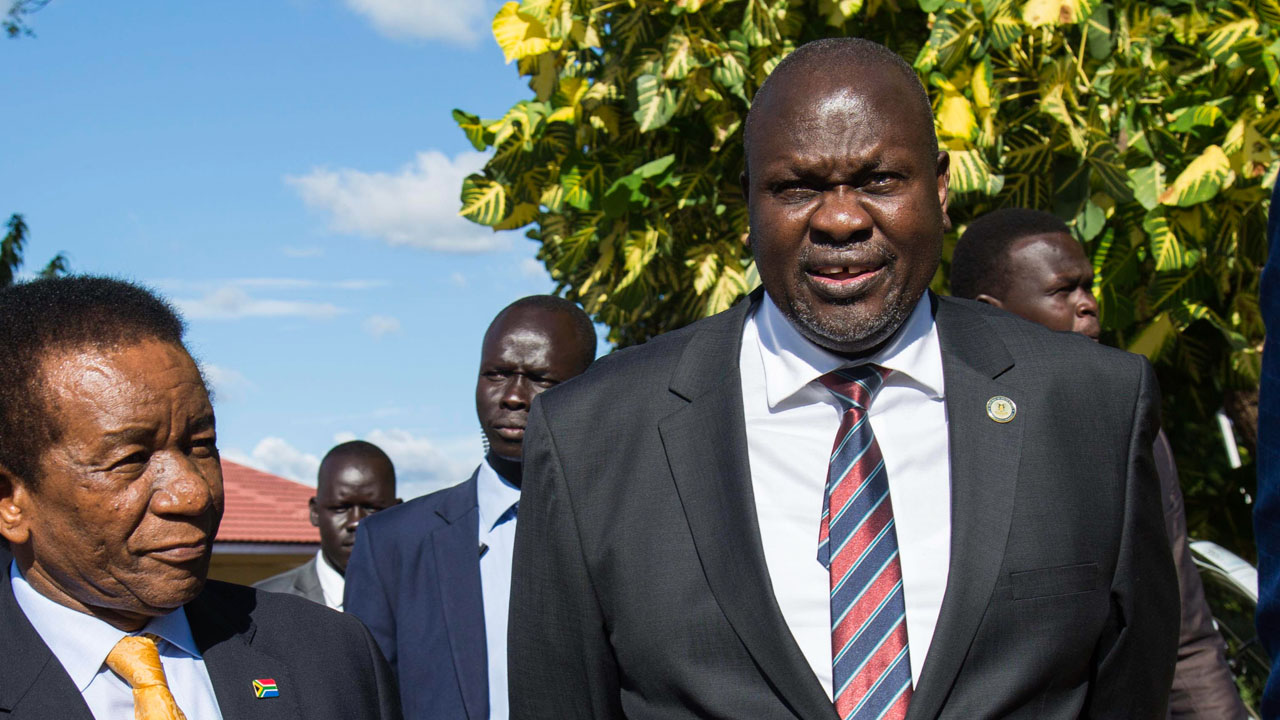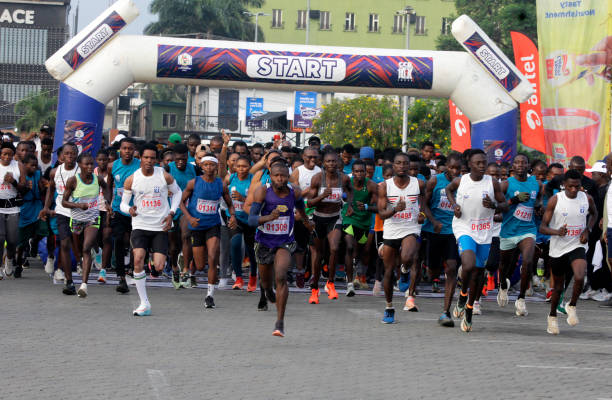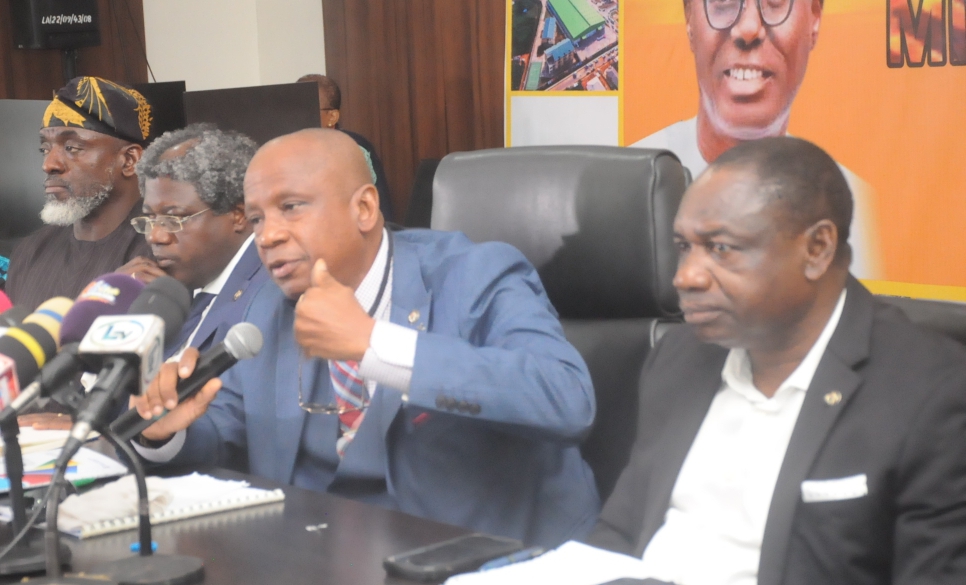
The spokesman for former rebel leader Riek Machar, Puok Buluang said that this had cast a shadow over efforts to end years of fighting.
Buluang said that he did not believe he would be able to join a unity government on Nov. 12 – a deadline agreed in September after months of talks, broken ceasefires and pressure from the UN, the U.S. and regional powers.
There was no immediate comment from President Salva Kiir or from other countries, who helped broker the accord.
U.S. officials said this month they would not accept any more delays and might impose sanctions if deadlines are not met.
“It’s not rocket science that the government in Juba lacks the political will to implement the peace deal,” Machar’s spokesman Puok Both Buluang said.
He called on the government to release funds it had agreed to spend on rolling out the accord.
The extra six months would “give room” for resolving issues, he added.
South Sudan split away from Sudan in 2011 after decades of war, and then plunged into its own conflict at the end of 2013 after Kiir sacked Machar as vice president.
Troops loyal to both men clashed in the capital Juba that December and ethnically charged fighting spread, shutting down oil fields, forcing a third of the country’s population from their homes and killing more than 400,000 people.
The peace deal has stopped the fighting. But South Sudan’s government has said it does not have the finances to fund disarmament and the integration of rebels into the army.
So far, it has allocated 10 million dollars of the pledged 100 million dollars, according to the international body monitoring the ceasefire.
Both sides have also disagreed on details of the deal, including the number of states South Sudan should have.
Under the accord, they have agreed to hold elections after a transition period of three years.





